More families and couples across Tayside and Fife are reaching out for relationship support than ever before, says the area’s leading counselling and mediation service.
Relationships Scotland’s (RS) local branch is seeing rising demand for relationship counselling, mediation and family therapy.
This includes an increase in self-referrals – families seeking out help themselves – and more mentions of anxiety, money worries and mental health issues.
Marta Henderson, CEO of RS Tayside & Fife, says: “Demand for support with relationships has been generally been high.
“It has grown by 28% in recent years.
“As we head towards the colder months and with further price increases on the horizon, many of us have just about had it with the ongoing challenges in our daily lives.
“Under these pressures, our close relationships are the first to be affected.
“The profile of inquiries, and the complexity of circumstances we see, have definitely changed.”
Who is seeking help with relationships?
Marta says RS has a high number of referrals for family therapy, many from high schools in the area.
“These include breakdown in family relationships, and an increasing number of cases where children report anxieties around the health of parents/carers and the impact of financial concerns,” Marta explains.
“For example, parents who have separated or are separating and can’t afford to live separately.”
‘We supported parents who were suicidal’
She continues: “Covid also left a footprint on our collective and individual wellbeing and ability to cope with life’s pressures.
“Those with children or caring responsibilities had additional pressures, as well as those who live alone or under difficult financial circumstances.
“The specific impact on families where the parents aren’t together meant children in some cases not seeing their other parent for months at a time in 2020 and 2021.
“We supported parents who were suicidal due to this, as well as parents who struggled to find a way to enable contact to happen in a safe way.”
RS is successfully helping people find solutions.
One Dundee parent who got support from RS explains: “I would probably not have contact today but, because of the centre, I now have regular contact with my son.”
‘Grief comes into it for many people’
While another says: “Before using the centre the relationship between me and the other parent was difficult, so the arrangements, including no contact between the parents, was the best thing to do at that time.
“Our relationship has since improved.”
Grief is another topic RS deals with regularly, says Marta.
“Grief comes into it for many, whether that is after a loved one’s passing, or a loss of relationship.
“Relationships will have gone one of two ways; either creating unmanageable difficulties (for example, a break-up, or someone moving out or moving into care), or bringing people closer to their loved ones, which we have also seen.”
5 tips to help tackle relationship challenges
Marta has put together advice for people who may be struggling with the prospect of money pressures this winter, and the impact on their relationships.
1. Stop with the blame
In conflict, we tend to see the blame sitting firmly with the other person, and we use language to put this across very clearly! This is rarely helpful in resolving the conflict.
Rather than attempting to convince the other of how wrong they are, use ‘I’ language to talk about a problem and move towards a resolution.
Say ‘I feel stuck and alone, having to.. (do the ironing) all the time’ rather than the accusatory – ‘You never help with… (the ironing)!’
2. Breathe, take time out
When something is really difficult, it is important you take the time to process it and to think about next steps.
Go for a walk, listen to some music, read a book, chat with a friend.
An immediate, gut response in a challenging situation can be quite unhelpful and can make the situation worse. So take time away and come back to talk.
3. Do your maths
It is important that you’re clear on your own circumstances, and how they may be affected by changes.
It might be easier to bury your head in the sand. But being unclear or oblivious to changes, will not benefit your wellbeing and wider living situation down the line.
4. Don’t settle for misery
Often, people stay in conflict and under ongoing strains because they accept it as normal.
While ups and downs in relationships is a part of life, the balance ought to tip towards smiles and peace.
If it doesn’t, acknowledging change is needed will be the first step towards achieving it.
5. Yes, worry about the kids
Conflict affects children, no matter how much we try to shelter them from it.
Not talking to each other while living under the same roof, not saying ‘hi’ to the other parent during the children’s handover, or shutting the door while we shout on the phone about ‘what has happened again’, will not shelter children.
Making genuine attempts to resolve the root issue, with the other person, will.
How to get help from Relationship Scotland
There’s further information on mediation, counselling and children’s contact here or call the team on 01382 201343 (Tayside), or 01592 751095 (Fife).
RS offices are at 4 Dudhope Terrace in Dundee and 30 North Street in Glenrothes and they offer sessions online, by telephone and face to face. They accept self-referrals and agency referrals equally.


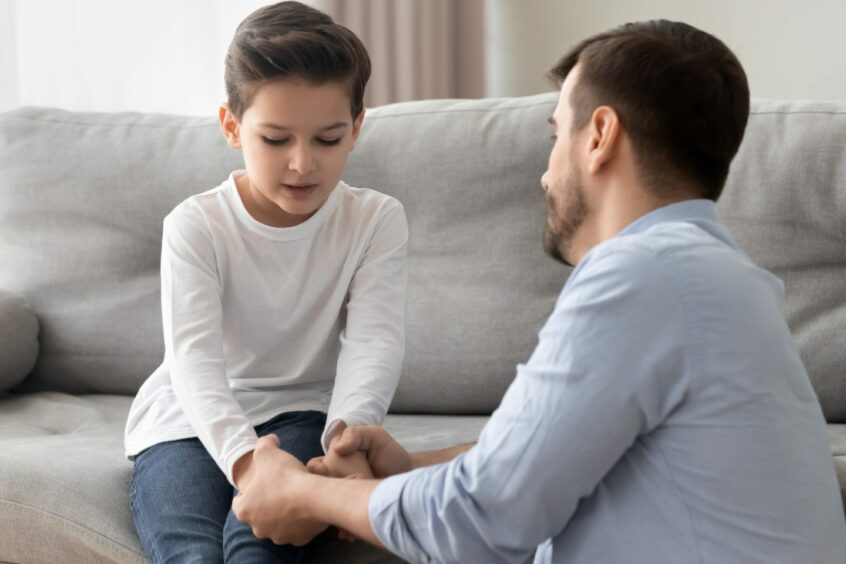
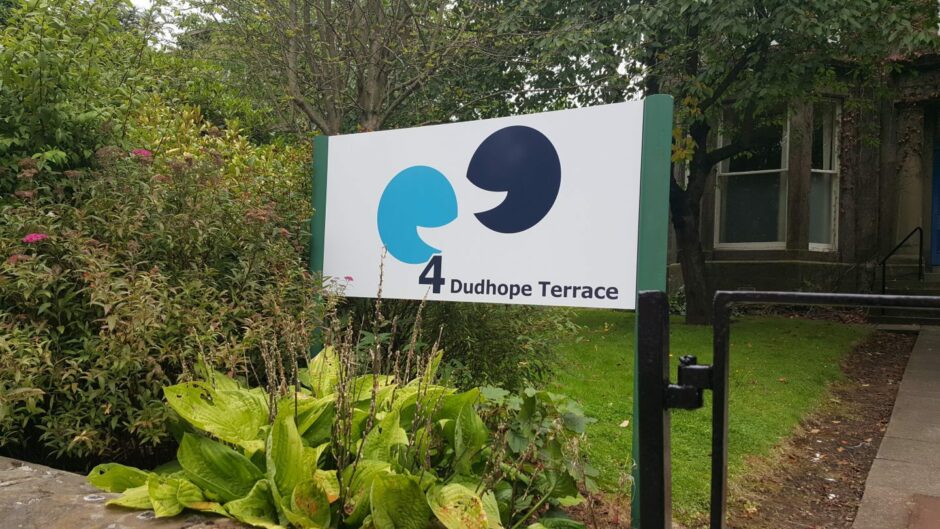






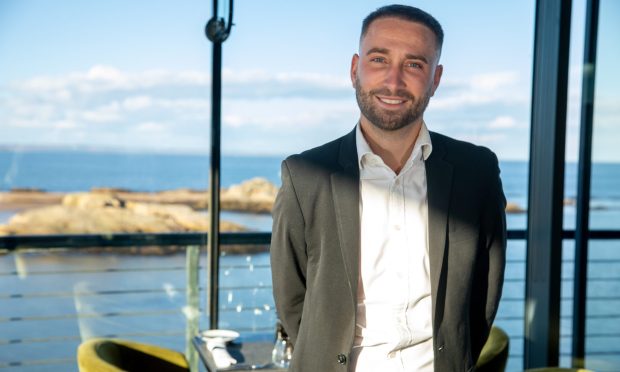


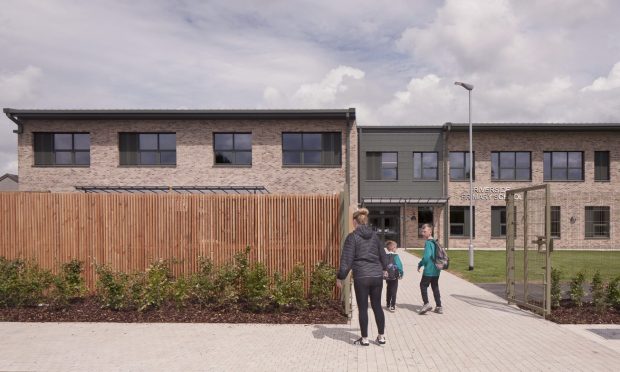
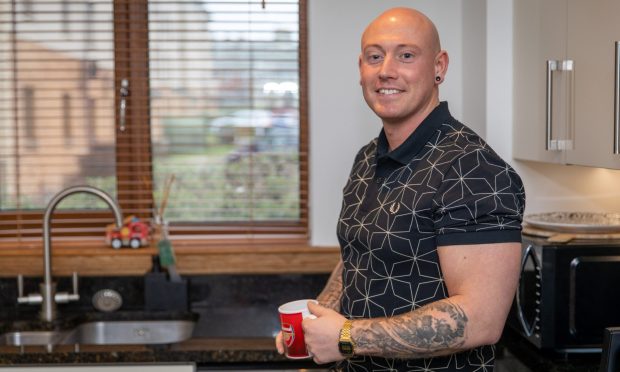
Conversation